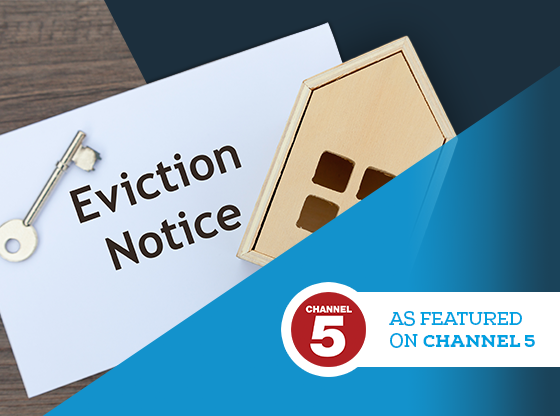Can a joint tenant drop out?
A common question that arises from landlords and also letting agents is whether or not a joint tenant can surrender their tenancy and what impact this has on the other tenant.
Historically, where more than one-person owned land, they owned the land either in common or jointly. Common ownership means each individual holds a separate distinct share of the property and has the right to transfer ownership of that share to someone else. Joint ownership is where two or more people each have an equal and indivisible right to keep or dispose of the whole of the property together. It is for this same reason why the actions of one joint tenant is considered as an action of all joint tenants and is why tenants are joint and severally liable. If one of them wishes to drop out, the tenancy ends.
This was also made clear by the court in the case of Hammersmith & Fulham LBC v Monk [1991] UKHL 6. In this case the issue was whether a periodic tenancy held by two or more tenants jointly can be brought to an end by a notice to quit by one of the joint tenants without the consent of the others.
There were two joint tenants who were in a relationship. The relationship brokedown and one of the tenants served a notice to quit on the landlord to end the tenancy so as to enable them to move out the property and end their liability under the tenancy. But the other did not know that his ex-partner served the landlord with a notice to quit and was therefore not in agreement to end the tenancy. The tenant who served the notice to quit left the property but the ex-partner stayed.
The landlord then issued a possession claim to obtain a possession order on the basis that one of the joint tenants served a notice to quit to end the tenancy, but a tenant remains in possession of the property. The Court awarded a possession order. The decision of the court was appealed. The House of Lords upheld the decision of the court of first instance on the basis that where a joint tenant gave a notice to quit to end a tenancy without the consent or knowledge of any other joint tenant, this was a breach of trust but that the notice to quit serve by one of the two joint tenants was still valid.
Lord Browne-Wilkinson stated:
‘The fact that a trustee acts in breach of trust does not
mean that he has no capacity to do the act he wrongly did. The
breach of trust as between Mrs. Powell and Mr. Monk could not
affect the lessors unless some case could be mounted that the
lessors were parties to the breach…’
Essentially, joint tenants holding joint interest in the property are holding interest on trust for each other, and to act without knowledge or consent of the other joint tenant would breach such trust. This breach of trust was, however, a matter between the joint tenants but could not affect the validity of the notice quit given to the landlord and therefore could not affect the landlord.










